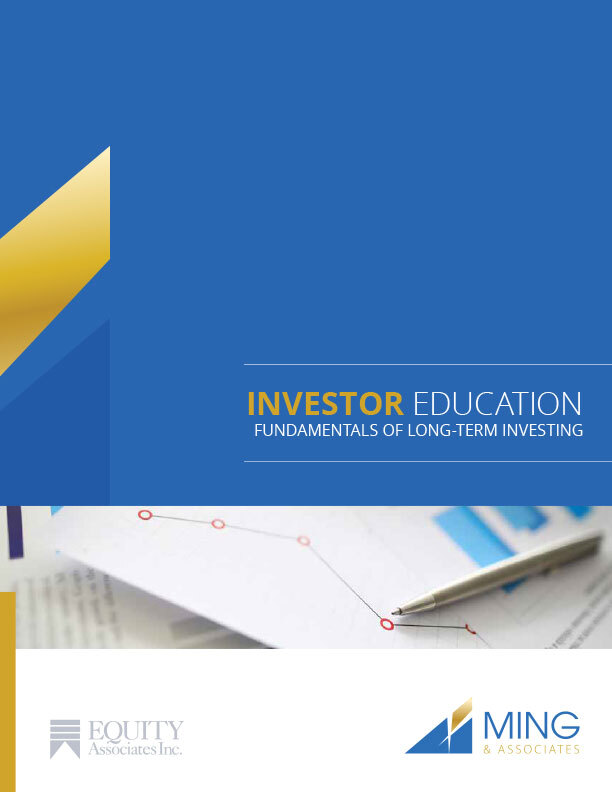I recently read Richard Thaler’s book called “Misbehaving” which reviews the history and studies done within the field of Behaviourial Economics – how human behaviour (regarding financial decisions) affects people and the economy. Richard coined a phrase called “myopic loss aversion” which suggests that the more we look at our portfolio, the more we are likely to focus on the losses due to constant but temporary volatility. The more we see losses, the more we experience loss aversion and the greater the chance we’ll do something typically not best for our long-term success. If you are looking at your portfolio more than once a quarter and finding you are sometimes unsettled at what you see, I recommend you take some advice from Benjamin Graham who is undoubtedly one of the greatest investors of the past 100 years.
Benjamin Graham discussed how investors would be better off if their stocks had no price quotations at all in his classic book, The Intelligent Investor:
“The true investor scarcely ever is forced to sell his shares, and at all other times he is free to disregard the current price quotation. He need pay attention to it and act upon it only to the extent that it suits his book, and no more. Thus, the investor who permits himself to be stampeded or unduly worried by unjustified market declines in his holdings is perversely transforming his basic advantage into a basic disadvantage. That man would be better off if his stocks had no market quotation at all, for he would then be spared the mental anguish caused him by other persons’ mistakes of judgment.”
The longer I am involved with the markets the less I find myself paying attention to the daily, weekly or monthly gyrations. You begin to realize that things you once fretted over many years ago were just wasted energy. While some investors are able to watch every tick in the markets with complete indifference it seems most investors who check the value of their portfolios often will tend to see losses more often than gains due to this “myopic loss aversion”.
Checking portfolios often can be very problematic for investors. As humans, this myopia of nearsightedness can be harmful since behavioural economic research tells us we tend to regret losses twice as much as gains make us feel good. Thus, the more often you look at your portfolio, the more often you’re likely to feel terrible from seeing short-term losses in value and react to those feelings, thereby harming your long term financial health.
As Graham alluded to, over 70 years ago, the biggest advantage we have as an investor is the ability to think and act for the long-term. That may be more important today than ever because our society and the finance industry have become more and more obsessed with the short-term.

